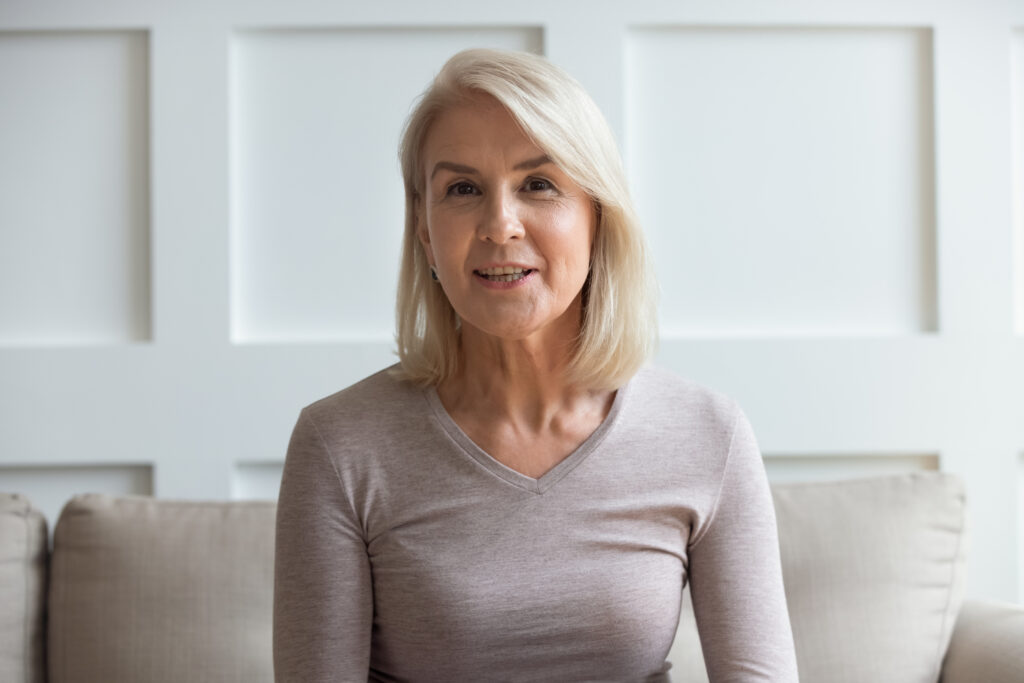We’ve all been there, stuck in a conversation and suddenly hit with a question we have no clue how to answer. It can be a bit awkward, for sure, but it’s okay not to know everything! In fact, admitting you don’t know something can be a sign of strength and open-mindedness. So, how do you say “I don’t know” without feeling embarrassed or incompetent? It’s easier than you think.
1. Be honest and straightforward.

Don’t try to bluff or pretend you know something you don’t. People appreciate honesty, and it’s much better to admit your lack of knowledge than to give out false information. A simple “I’m not sure about that” or “I don’t have the answer right now” is usually enough.
2. Offer to find out.

If you’re genuinely interested in the topic, show initiative by offering to find the information and get back to the person. This demonstrates a willingness to learn and a commitment to providing accurate information. You can say, “I’ll look into that and get back to you with what I find.” This way, you’re not just admitting your lack of knowledge, but also taking steps to fill that gap.
3. Redirect the conversation.

If you’re not comfortable admitting you don’t know something or if the topic is irrelevant to the conversation, you can try redirecting the conversation to something you’re more familiar with, Southern Living suggests. For example, you could say, “That’s interesting. While I don’t know much about that, I’ve been reading a lot about [related topic] recently. Have you heard about it?” This way, you’re still engaging in the conversation but on your own terms.
4. Use humor to diffuse the situation.

If you’re feeling a bit awkward, a little humor can go a long way. You could say something like, “Well, that’s one thing I haven’t learned yet. Maybe I should Google it!” or “I’m still waiting for that knowledge to download into my brain.” This can lighten the mood and show that you’re not taking yourself too seriously.
5. Don’t be afraid to ask for help.

Sometimes, the best way to learn something new is to ask for help. Don’t be afraid to turn to a colleague, friend, or mentor for guidance. You can say, “I’m not sure how to approach this, would you be able to share your insights?” or “I’m a bit confused about this concept, could you explain it to me?” People are often happy to help, and it can be a great way to build relationships and expand your knowledge.
6. Acknowledge what you do know.

Even if you don’t have a complete answer, acknowledge the information you do have. This can help you contribute to the conversation and show that you’re engaged and interested. You could say, “While I don’t have a definitive answer, I do know that [relevant information]. Perhaps we could explore this further together.” This demonstrates your willingness to collaborate and learn from others.
7. Don’t apologize excessively.

While it’s polite to acknowledge your lack of knowledge, don’t apologize profusely for it. A simple “I’m sorry, I’m not sure” is usually enough. Over-apologizing can make you seem less confident and competent. Remember, it’s okay not to know everything, and it’s certainly not something to apologize for.
8. Focus on your strengths.

Instead of dwelling on what you don’t know, focus on your strengths and expertise. Remind yourself of the things you do know and the skills you possess. This can help boost your confidence and prevent you from feeling overwhelmed or insecure about your lack of knowledge in a particular area. Remember, everyone has their own areas of expertise, and it’s okay to not be an expert in everything.
9. Embrace “I don’t know” as a learning opportunity.

Instead of seeing “I don’t know” as a failure, reframe it as a chance to learn something new, BetterUp suggests. Every question you can’t answer is an opportunity to expand your knowledge and understanding. Embrace your curiosity and eagerness to learn. It shows that you’re not afraid of the unknown and that you’re open to new ideas and perspectives.
10. Don’t feel pressured to have all the answers.

No one expects you to know everything. In fact, trying to appear all-knowing can backfire and make you seem arrogant or insecure. It’s okay to admit when you don’t have the answers. It’s a sign of humility and a willingness to learn from other people. Remember, there’s no shame in not knowing; the shame lies in not being willing to learn.
11. Admitting you don’t know can build trust and credibility.

When you’re honest about your limitations, you build trust with people. People appreciate authenticity and are more likely to respect someone who admits when they don’t know something, rather than pretending to have all the answers. This honesty can also enhance your credibility, as it shows that you’re willing to acknowledge the limits of your knowledge and seek out accurate information.
12. Use it as a chance to connect with people.

Saying “I don’t know” can actually be a great way to connect with people. It can open up a conversation, spark curiosity, and create a shared learning experience. You can turn it into a collaborative effort by saying, “I don’t know the answer to that, but I’d love to find out with you. Let’s explore it together.” This can deepen relationships and foster a sense of teamwork.
13. It can be a catalyst for personal growth.

Every time you admit you don’t know something, you’re essentially challenging yourself to learn and grow. It’s a way of stepping outside your comfort zone and expanding your knowledge base. Embrace this as a positive thing, and you’ll find yourself constantly evolving and developing new skills and insights.
14. It can help you avoid making mistakes.

By admitting you don’t know something, you’re less likely to make assumptions or jump to conclusions based on incomplete or inaccurate information. This can help you avoid making costly mistakes or giving bad advice. It’s always better to say “I don’t know” than to guess and potentially mislead yourself or other people.
15. It shows that you’re human.

We all have our strengths and weaknesses, and no one is perfect. Admitting you don’t know something is a simple way to acknowledge your humanness. It shows that you’re not afraid to be vulnerable and that you’re open to learning and growing. It also makes you more relatable and approachable to people, as it demonstrates that you’re not trying to be someone you’re not.
Enjoy this piece? Give it a like and follow PsychLove on MSN for more!



